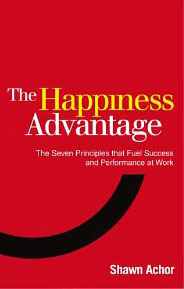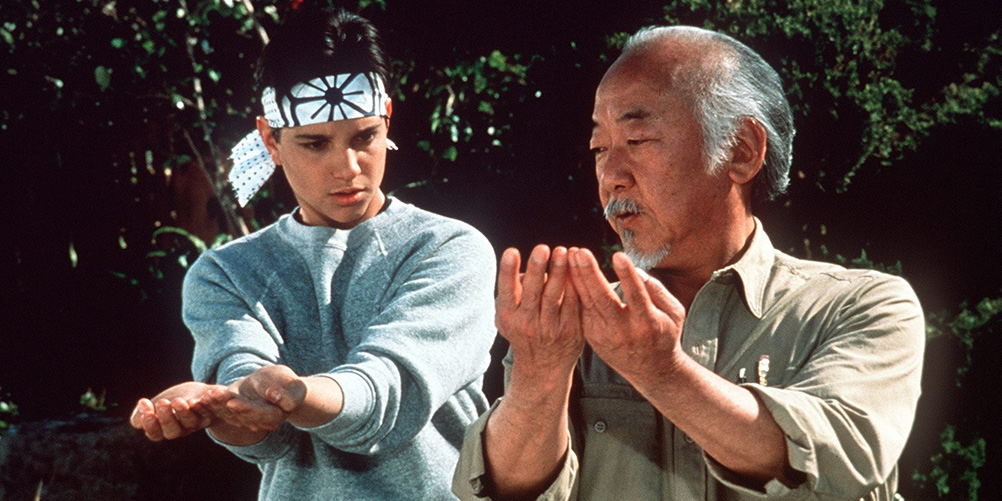In Harry Potter and the Half Blood Prince, a panic-stricken Ron Weasley is approaching his first match as the Gryffindor Quidditch team keeper. Ron is paralysed by nerves until he discovers that Harry has slyly spiked his drink with ‘liquid luck’ – a magical potion that bestows good fortune on anyone who takes it.
Suddenly Ron is filled with confidence, and delivers a performance to savour. Believing that nothing can spoil his good fortune, he pulls off a succession of amazing saves to deliver an easy win.
The rub, of course, is that Harry hasn’t spiked his drink at all. Ron’s performance is all down to him.
Many of us will recognise this phenomenon. Anyone who’s prepared for an important game or presentation knows the difference that confidence can make to your performance. When you believe there’ll be a great outcome, performance is easy. But when your mind is caught up in thinking about what could go wrong, it suddenly becomes much harder.
Confidence is one reason why sports teams embark on long winning streaks, and for a time seem invincible. Yet when they finally lose one game, they’ll often lose several. What’s changed? Usually, it’s just their level of confidence. They’re no longer primed to expect a positive outcome.
The science behind ‘luck’
The Harry Potter scenario isn’t just a work of JK Rowling’s fiction – it’s been repeated in experiments too.
In The Happiness Advantage, Shawn Achor describes an experiment by Richard Wiseman, where participants were asked to describe themselves as ‘lucky’ or ‘unlucky’. The two groups were then asked to read through a newspaper and count how many photos were in it. Those claiming to be ‘unlucky’ took much longer to complete the task than the ‘lucky’ ones – primarily because many missed a prominent notice early in the paper telling them how many photos there were.
The ‘unlucky group’ also missed out on another message inviting them to collect $250 from the researcher as a reward for noticing it.
Feeling we are lucky or unlucky becomes a self-fulfilling prophecy. As Achor notes, psychologists call this predictive encoding. Priming yourself to expect a favourable outcome encodes your brain to recognise it when it arrives.
Scanning for positives
As a society, we’re conditioned to scan for negatives. Take the English language, for example. In Switch, Chip and Dan Heath note that of all the common words that describe emotions, 62% describe negative emotions, while only 38% describe positive ones.
Try turning on any television news broadcast and counting the balance of negative news stories to positive. You’ll struggle to find many of the latter.
This bias towards the negative can prevent us from seeing the positive opportunities all around us. It can also have a major impact on our levels of happiness.
A simple action to build positivity
The good news is that we can retrain the brain to focus on the positive. But like anything worthwhile, it takes practice.
Many psychologists now recommend a simple technique you can do each day to start rewiring your brain to focus more on the positive: at the end of each day, write down ‘three good things’ that happened during your day.
This helps retrain your brain, over time, to focus more on the positive, and to cultivate a feeling of gratitude, one of the most powerful happiness enhancers. And there’s impressive research evidence to back up its effectiveness.
For more information about this technique, along with a video from the ‘father of positive psychology’ Marty Seligman, visit the Action for Happiness site.
And who knows, before long you could be creating your own ‘liquid luck’.






